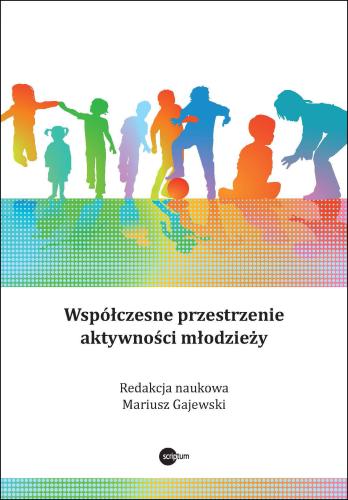The Era of Digital Communication: Activity Versus Escape
Synopsis
Digital communication has been evolving dynamically over the past few decades under the overwhelming influence of widespread access to the Internet, the development of mobile devices, especially smartphones, the popularization of instant messaging and social media. The use of Facebook, Twitter, Instagram, microblogs and blogs, and online communicators (such as WhatsApp or Messenger), among others, enables Generation Z and Alpha to exchange information with other users, post content or read posts. Online, mediated communication is what the young and children devote several hours a day to, sometimes with more emotional involvement than direct contact. They feel they are real participants in the virtual world, finding it more appropriate, more attractive than the outside world. The purpose of the article is to answer the question of whether this is true participation or rather a form of escape, a need for compensation, balancing deficiencies in needs, and what are the potential consequences of this.



